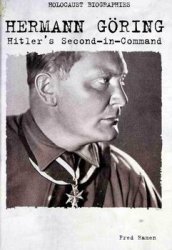With no limits on the presidency, two terms seemed a modest tenure. Washington sent his farewell address draft to Alexander Hamilton, who worked on it for three months; Washington used Hamilton's draft "substantially," but added his own sentiments. Speaking directly to the citizens of the United States, Washington expressed "a solicitude for your welfare, which cannot end but with my life," and was thus moved to offer advice to his countrymen.
He emphasized the "immense value of your national Union to your collective and individual happiness," and added, "The name of AMERICAN, which belongs to you, in your national capacity, must always exalt the just pride of Patriotism, more than any appellation derived from local discriminations." Washington had undoubtedly felt the tug of states' rights pressures.
Advising his countrymen on foreign relations, Washington went into considerable detail, stating that Americans should "Observe good faith and justice towards all Nations. . . . It is our true policy to steer clear of permanent alliances, with any portion of the foreign world. .
. . Taking care always to keep ourselves, by suitable establishments, on a respectably defensive posture, we may safely trust to temporary alliances for extraordinary emergencies.—"
It was not until 1949 that the United States entered the NATO alliance that Washington's advice about permanent alliances was set aside.
When Washington died on December 14, 1799, he was remembered on the floor of Congress as being "First in war, first in peace, first in the hearts of his countrymen." Even Brit-
Ish ships flew flags at half-mast. Lord Byron's "Ode to Napoleon" ended by honoring Washington as "The Cincinnatus of the West." He is buried in a vault at his home in Mount Vernon, the place he loved more than any other. Back at Mount Vernon following the Revolution, he wrote to his friend the Marquis de Lafayette: "At length my Dear Marquis I am become a private citizen on the banks of the Potomac, & under the shadow of my own Vine & my own Fig-tree."




 World History
World History









